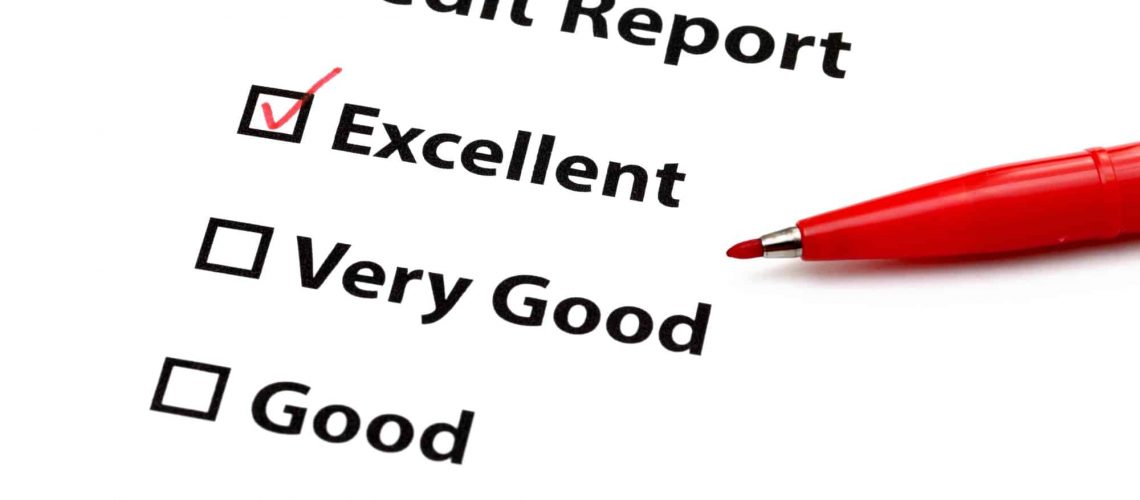Are Americans checking their credit reports enough?
When was the last time you checked your credit? For some, it’s a yearly habit. For others, it may be something they only think about when they’re applying for a loan or credit card. So are Americans checking their credit reports enough? No matter where you fall on that spectrum, it’s important to know your credit score and credit history. After all, your score is one of the most important factors in your credit report that lenders look at when considering you for a loan or credit.
A credit report is a detailed summary of your credit history – every loan you’ve ever taken out, every credit card you’ve ever opened, and every payment you’ve ever made is documented for a lengthy period of time. Your credit score is a three-digit number that’s based on many of these factors and ranges from 300 (the lowest) to 850 (the highest). While your score will naturally fluctuate, any major drop in your score should be a red flag to look into.
Errors on a credit report can be costly
Americans should be monitoring their credit on a regular basis, according to a prominent consumer advocate and attorney at the National Consumer Law Center. Chi Chi Wu of the NCLC says “You should always be checking your credit report.” Wu focuses on consumer credit issues and was recently interviewed by CNBC.com, responding to recent policy changes on credit reporting. According to a 2021 Consumer Reports investigation, more than 1/3rd of Americans found at least one error on their credit reports. That can be costly because left unchecked, credit errors can lead to higher interest rates and being denied credit outright.
What to do if you find an error on your credit report
As the U.S. enters another year of record consumer debt, it’s more important than ever for consumers to be proactive about their credit. If you find an error on your credit report, it’s important to take action right away. You can dispute the error directly with the credit reporting agency for free, and they’re required to investigate the claim. That process can be lengthy and frustrating but if the credit reporting agency can’t verify the information, they’re required to remove it from your credit report by law.
No one is perfect, and credit reporting agencies are no exception. Errors on credit reports can happen for a variety of reasons, including clerical mistakes, credit fraud, and even someone else’s debt mixed with your credit file. That doesn’t mean you have to suffer the consequences however. Equifax, Experian & TransUnion — the 3 nationwide credit reporting agencies — will allow you to request free weekly credit reports through the end of 2022. Pull your credit reports online with no cost at AnnualCreditReport.com.
Document your time and effort into fixing any credit errors and file your dispute. Make sure that you send any correspondence by certified mail to each credit reporting agency and keep track of any progress. If that doesn’t work, contact an attorney who specializes in credit law to help get those credit errors corrected. Some attorneys may offer a free consultation to help get your credit back on track.
Finally, your credit score is just one piece of the puzzle and the credit approval process is more complicated than just a number. Credit utilization, credit history, and other credit factors all play into being approved for credit. Keep in mind that credit scores are fluid and they can change at any time so you want to make sure your credit report is accurate and error-free. Do this by checking your credit often.
________________________________________________________________________________________
Led by attorneys Michael D. Finn and J. Andrew Meyer with over 75 years of legal experience, the Finn Law Group is a consumer protection firm that help you fix errors or problems with your credit. Contact us for a free consultation today.


